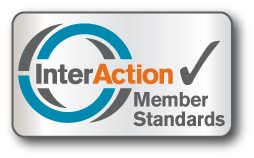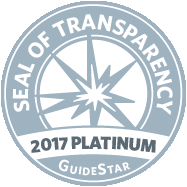Delivering Early Education to 800 Ethiopian Children
Berhanu was beaming with pride as he rushed onto the stage with everyone in the room clapping. With the yellow tassel on his graduation cap bouncing in the air, he grabbed the microphone and launched into his 20-second speech. It was a big day last month: he and 272 other children – 135 boys, 138 girls – were graduating from Kindergarten to Primary One.
Early childhood education in the Tembaro Woreda, where Berhanu lives, is a rarity. For children living in remote rural areas, kindergarten facilities are simply too far away to get to.
As a result, they are missing out on critical early education that can make them more successful later in life. As recently as 2012-13, less than 5 percent of children ages 4 to 6 in the Southern Nations, Nationality and People’s Region (where Tembaro is located) were attending kindergarten. Research shows that Ethiopian children with a preschool education consistently score higher on vocabulary tests and other key cognitive skills than those who don’t attend preschool.
For the past few years, WEEMA has been working closely with communities – Mudula, Keleta and Ferzano – and the Woreda Education Office to close this education gap. With additional facilities, equipment, and supplies – as well as food to feed the children – we have enabled thousands of young children to advance through Kindergarten 1, 2, and 3, thus giving them a better chance to thrive at primary school.
Last month, at three ceremonies, we saw 268 children graduate from KG1, 283 from KG2 and 273 from KG3. This year’s events were especially gratifying because the local government is now taking over the three kindergartens built by WEEMA and will deploy the required number of teachers and principals as well. An important moment, in other words, in WEEMA and the Ethiopian government’s shared goal of ensuring early education for all Ethiopians. A local government representative, Mr. Woldemichael, underscored this point in his remarks.
The government has made enormous gains on this issue – the national enrollment rate for children 4-6 is over 33 percent, up from 4 percent a decade ago – but nonprofit groups like WEEMA will continue to have a key role in accelerating progress, especially in underserved rural regions like the Tembaro Woreda.
WEEMA’s commitment to equitable and quality education continues with the network of libraries, inclusive education, and menstrual health education.






